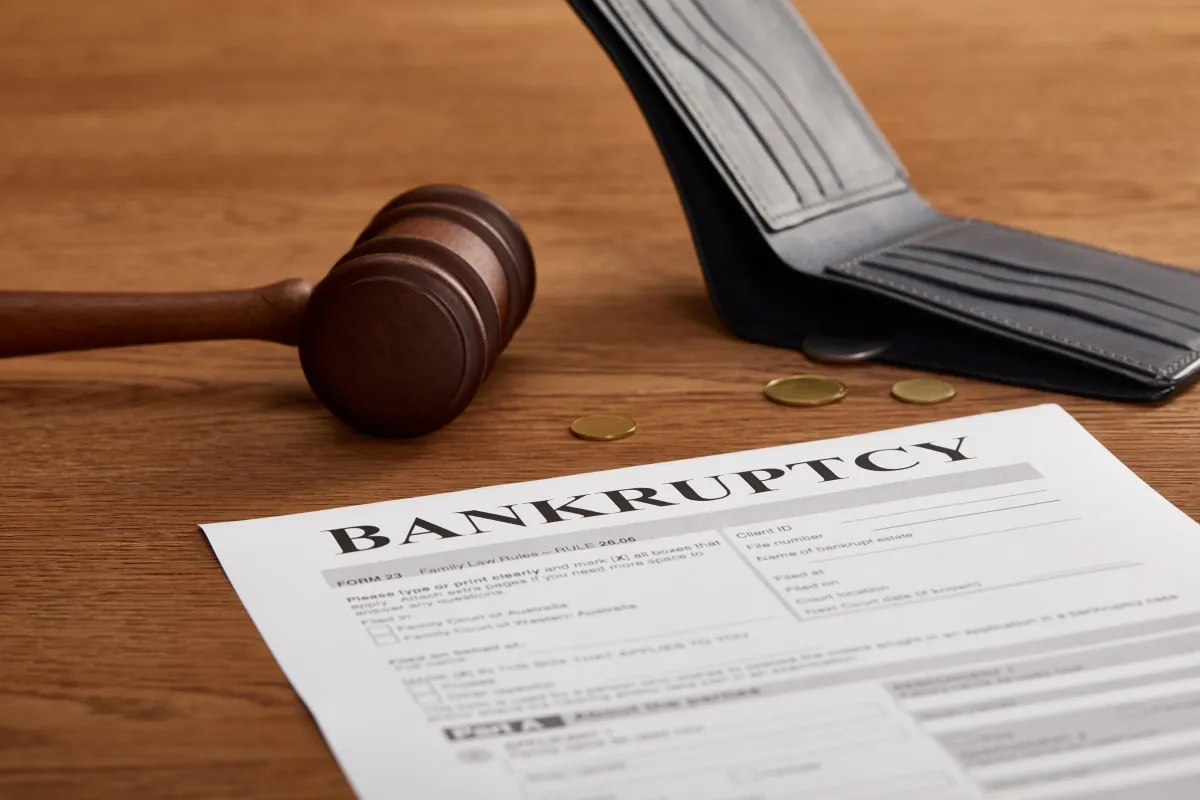Blogs

Understanding Bankruptcy Options in Edmonton, Alberta, and Beyond
Bankruptcy is a difficult topic, often fraught with confusion, stress, and emotional challenges. In Edmonton, Alberta, and across the Canadian provinces of BC, Winnipeg, Saskatchewan (SK), and Ontario (ON), understanding the bankruptcy process and the options available to you can not only help alleviate some of the pressure but also provide guidance on how to bounce back and regain financial stability. The experienced team at SN Law Office possesses over 20 years of expertise in bankruptcy law, providing professional advice and legal assistance to clients facing financial hardship and looking for ways to navigate the often-complex world of bankruptcy.
In this comprehensive overview, our intention is to offer accurate, informative, and educational content that covers critical aspects of bankruptcy options in Edmonton, Alberta, and the surrounding provinces. In doing so, we will delve into the key differences between personal and business bankruptcy, explain various debt relief alternatives, explore the role of a Licensed Insolvency Trustee, and offer insight into the long-term impact of bankruptcy on your financial well-being.
As a full-service law firm based in South Edmonton, Alberta, SN Law Office is dedicated to helping our clients find the most suitable solutions for their bankruptcy cases. Our legal professionals work closely with clients to understand their unique financial situations, analyze their available options, and recommend tailored bankruptcy or alternative debt relief solutions that will address their immediate concerns and strive to improve their long-term financial stability.
Personal vs. Business Bankruptcy
Understanding the distinctions between personal and business bankruptcy is vital for determining the appropriate approach to address your financial situation:
1. Personal Bankruptcy: Also known as a consumer bankruptcy, this option involves filing for bankruptcy as an individual. This process will result in the elimination or restructuring of personal debts, providing relief from creditor pressure and paving the way for a fresh financial start.
2. Business Bankruptcy: Filing for bankruptcy as a business entity, such as a corporation or partnership, will involve the liquidation or reorganization of the company's assets to repay creditors. This process may require the sale of the business or its assets and could ultimately lead to closure or restructuring under new ownership.
3. Creditors' Rights and Obligations: In both personal and business bankruptcies, creditors play a crucial role in the process, with rights to pursue repayment of their debts. It is essential to understand their rights and the limits in place when working with them to resolve your financial issues.
4. Legal Support: Engaging an experienced bankruptcy lawyer will help you identify the appropriate type of bankruptcy for your situation, and navigate the complex legal processes involved with personal or business bankruptcy filings.
Debt Relief Alternatives to Bankruptcy
Consider the various debt relief alternatives before opting for bankruptcy:
1. Debt Consolidation: Combining multiple high-interest debts into a single loan with a lower interest rate can help reduce your monthly payments and streamline your debt repayment process.
2. Debt Settlement: Negotiating with your creditors to accept a reduced, lump-sum payment or modified repayment terms may enable you to address your financial obligations without resorting to bankruptcy.
3. Consumer Proposals: As an alternative to bankruptcy, you can work with a Licensed Insolvency Trustee to develop a legally binding proposal to repay a portion of your debts to your creditors over a specified period, providing relief and protection from further collection activities.
4. Credit Counselling: Collaborating with a certified credit counsellor can provide valuable financial guidance, budgeting advice, and debt management plans to help you regain control of your finances and avoid filing for bankruptcy.
The Role of a Licensed Insolvency Trustee (LIT)
Licensed Insolvency Trustees play a critical role in guiding individuals and businesses through the bankruptcy process:
1. Initial Consultation: During the initial consultation, an LIT will assess your financial situation, discuss your available options, and determine if bankruptcy is the most appropriate solution for your needs.
2. Filing for Bankruptcy: If you decide to file for bankruptcy, your LIT will assist in completing the necessary paperwork, submitting your application to the Office of the Superintendent of Bankruptcy, and notifying your creditors of your filing.
3. Administration: The LIT will oversee the administration of your bankruptcy, including the management of your assets, settlement of creditor claims, and distribution of funds to your creditors.
4. Discharge and Recovery: Once your bankruptcy has been successfully completed, your LIT will ensure that you obtain a discharge, releasing you from your debts and allowing you to focus on rebuilding your credit and financial stability.
Long-Term Impacts of Bankruptcy on Your Financial Well-Being
Bankruptcy has both short and long-term consequences that you should carefully consider:
1. Credit Rating: Filing for bankruptcy will negatively impact your credit rating, making it harder to obtain loans, mortgages, and other forms of credit in the future.
2. Financial Recovery: After discharge, you will need to focus on establishing responsible financial habits, rebuilding your credit, and regaining the trust of creditors and lenders.
3. Asset Retention: Depending on your situation, you may have to relinquish certain assets during the bankruptcy process to satisfy your debts. Understanding which assets may be at risk is essential for weighing the pros and cons of filing for bankruptcy.
4. Emotional Well-Being: While bankruptcy can provide relief from financial pressures, it can also result in feelings of shame, stress, or failure. Acknowledging and addressing these emotions is crucial to regaining confidence and moving forward toward financial stability.
Conclusion:
Understanding your bankruptcy options in Edmonton, Alberta, and beyond is crucial for navigating financial adversity and making informed decisions about your future. By considering the differences between personal and business bankruptcy, exploring debt relief alternatives, and utilizing the expertise of a Licensed Insolvency Trustee, you can minimize the impact of bankruptcy on your financial well-being and confidently embark on a journey toward regaining stability and financial security.
Trust the experience and professionalism of SN Law Office to guide you through this challenging process and provide the support you need to achieve a fresh financial start. So, reach out to our skilled professionals today and take the first steps toward renewed financial stability.
Lets talk about your case
Lets talk about your case
Request A Call
snayak@snlawofficeab.ca
10328 81 Ave NW Suite 308,
Edmonton, AB T6E 1X2
Mon - Fri (8:30am-4:30pm)
Services
SN Law Office ® 2022 | All Rights Reserved | Privacy Policy

